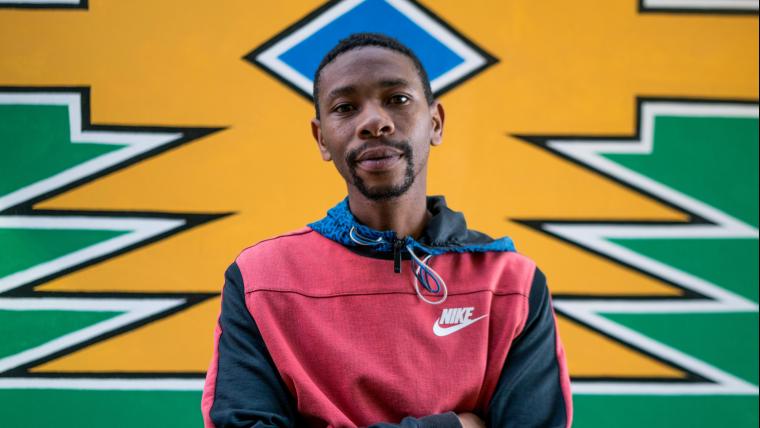
Man up: Why there’s no shame in getting help for depression
When the world around him became too much and he broke down at his workplace, Rofhiwa Maneta turned inwards to heal. This journey of introspection – combined with trips to psychiatrists and dealing with the stigma he faced as a black man – led to Metanoia, Maneta’s first self-published book. His collection of short stories grapples with issues of mental illness, particularly in black communities where it is dismissed as a form of weakness.
After relocating from Johannesburg to Cape Town in 2014, Maneta became increasingly aware of racism in the city. Navigating the space as a black person, his anxiety levels started to climb. He noticed that other men like him were suffering, but were too ashamed to speak about it – to their detriment. “Over and over we are told ‘men don’t break’, ‘be a man’ or ‘man up’,” he says. “I’ve just found this thinking or expectation stops so many people from seeking help.” Drawing inspiration from these experiences and observations, Maneta began writing a series of short stories to break down the stigma attached to mental illness and masculinity. Instead of the sensationalised plotlines and tired stereotypes that perpetuate stories of depression and anxiety, the author’s collection contains pithy moments of endearing honesty and, unexpectedly, humour.
While recording the highs and lows of his journey was cathartic for Maneta, the stories are equally beneficial for the reader. They reveal how common it is to not feel okay, and normalise self-care. “I hope that my story inspires people to seek help and to realise that they are not alone in whatever they are suffering with,” he says. “No one has to suffer in silence.” By recognising that mental health is as important as physical health and openly speaking about it, Maneta’s stories are giving South African men the permission to express themselves in ways that stigma and ideas of masculinity previously denied them.






























Please sign in to leave a comment